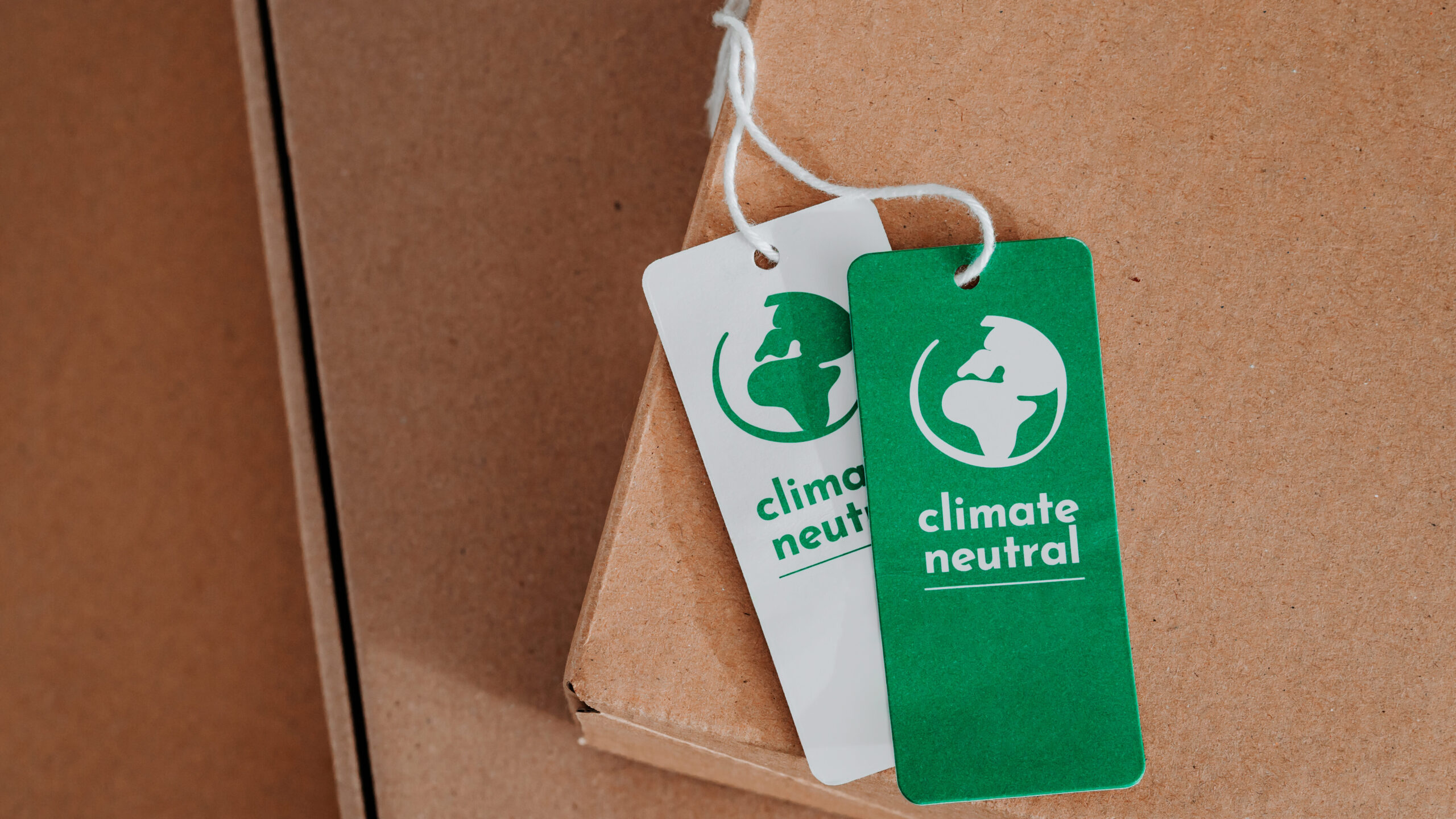By Duminda Pathirana, May 2025.
In a world increasingly shaped by climate change, economic inequality, and social justice movements, a new type of consumer has emerged the conscious consumer. These individuals are no longer satisfied with simply purchasing products based on price or quality. Instead, they are aligning their spending with their values,
demanding that brands uphold sustainability, transparency, and ethical responsibility. This shift is not just a trend in high-income markets like Europe and North America. It is fast becoming a global phenomenon, reshaping entire industries, including those in Sri Lanka.
From global apparel giants to small-scale food producers, companies are being held to higher standards. Consumers want to know where their products come from, who made them, under what conditions, and what impact their production has on the planet and society. This rise in ethical consumerism is altering the foundation of brand loyalty and challenging businesses to think beyond profit margins.
In countries such as Germany, Sweden, and Canada, surveys consistently show that over 60 percent of consumers are willing to pay more for products that are sustainable or ethically produced. Certifications like Fair Trade, Rainforest Alliance, and B Corp are no longer niche symbols. They are powerful indicators of trust for an increasingly discerning public. Technology has made it easier than ever for consumers to investigate the practices of companies. Social media can instantly expose greenwashing or unethical labor practices, leading to boycotts and loss of reputation. Transparency is no longer optional. It is expected.
Even in fast-growing economies like India, Brazil, and South Africa, younger consumers are driving a shift towards sustainability. They prioritize eco-friendly packaging, carbon-neutral shipping, cruelty-free products, and brands that take a stand on social issues. This conscious consumerism is not just driven by idealism but
by a broader awareness of systemic risks, from climate collapse to human rights violations.

Opportunities and Challenges for Sri Lankan Businesses
Sri Lanka, with its rich heritage in tea, textiles, spices, and handicrafts, stands at a strategic crossroad. Local industries have long relied on craftsmanship, natural resources, and cultural authenticity. These are strengths in the age of conscious consumerism.
Take the apparel sector, for example. Sri Lanka has long positioned itself as a destination for ethical manufacturing. The “Garments Without Guilt” campaign highlighted factories that adhered to decent labor standards, female empowerment, and eco-friendly processes. In today’s global market, this legacy can be revitalized and made more visible through modern digital storytelling and transparent supply chains. Tea producers are also in a strong position. Ceylon tea, already a globally recognized brand, can take further steps to certify fair trade practices, improve packaging sustainability, and market itself not only as a product of flavor but of ethical origin.
Small and medium enterprises (SMEs) in the wellness, artisanal, and organic food sectors can leverage this movement to build international trust. For example, organic cinnamon or ayurvedic skincare brands could gain traction among foreign buyers seeking authenticity and ethical sourcing.
However, challenges remain. Many Sri Lankan firms still operate without strong ESG (Environmental, Social, and Governance) frameworks. Data transparency, traceability, and verified certifications are often lacking. There is also limited public awareness within the local consumer base about ethical consumption, making it less of a domestic market driver.
To overcome these barriers, businesses must invest in capacity building. That includes training on ESG compliance, implementing traceable supply chain systems, and adopting third-party certifications. Partnerships with NGOs, universities, and international buyers can also help bridge knowledge and resource gaps.
Aligning Strategy with Ethics
For Sri Lankan companies, aligning with conscious consumerism is not just about appeasing international markets. It is about future-proofing. As global trade becomes increasingly tied to ESG performance and sustainability metrics, access to premium markets will depend on more than just price competitiveness. Brands that demonstrate accountability and authenticity will outperform those that do not. This is particularly true in industries such as apparel, food and beverage, personal care, tourism, and even tech services.
Moreover, local startups have a unique opportunity to build ethical practices into their DNA from the beginning. With Gen Z and Millennials placing high value on corporate responsibility, these entrepreneurs can use sustainability as a strategic differentiator, not just a compliance box. Governments and trade bodies also have a
role to play. National campaigns that promote “Made in Sri Lanka” as a mark of ethical and sustainable production could enhance the country’s image and attract conscious investors. Export incentives and capacity-building grants can support businesses in transitioning to greener, more responsible models.

Marketing Strategy and Brand Management in the Age of Conscious Consumers
Strategic marketing in this new consumer landscape must begin with purpose. Sri Lankan brands need to articulate a clear brand purpose that aligns with broader social and environmental goals. This is not merely a mission statement but a strategic anchor guiding product development, communication, and organizational
behavior.
Using the principles of brand equity theory, companies can enhance consumer-based brand equity through trust, transparency, and perceived responsibility. Aaker’s Brand Identity Model can help brands clarify their core values, positioning, and emotional appeal. In practice, this could mean moving from selling “tea” to communicating the story of “sustainable Ceylon heritage, crafted ethically.”
Integrated marketing communications should be deployed across platforms to consistently reflect these ethical values. Storytelling that includes real-life community impacts, behind-the-scenes practices, and measurable sustainability goals can help build authenticity. Influencer marketing, particularly through micro-influencers with strong local and international credibility in sustainability niches, can further drive engagement.
In terms of segmentation, targeting, and positioning (STP), Sri Lankan businesses must refine their focus on conscious segments. This includes ethically minded consumers in global markets and a growing niche within the Sri Lankan middle class. Brands can position themselves based on functional values (e.g., organic), emotional connections (e.g., supporting women artisans), or symbolic values (e.g., cultural heritage preservation).
Porter’s Value Chain analysis can also be revised to embed sustainability across inbound logistics, operations, and outbound logistics. Firms that localize sustainable innovation—such as biodegradable packaging from local materials—will not only reduce costs but increase brand differentiation.
In a rapidly changing global economy, the rise of the conscious consumer signals a shift in power from producer to purchaser. No longer passive recipients of marketing, today’s consumers are active participants in shaping market values. For Sri Lankan industries to stay competitive and relevant, the time to act is now. Ethical business is not a luxury. It is a necessity. Those who adapt will not only earn consumer trust but also access higher-value markets, command brand loyalty, and build long-term resilience. As the world moves towards a more values-driven marketplace, Sri Lanka can either follow or lead. With the right strategy, it has the potential to do the latter.




